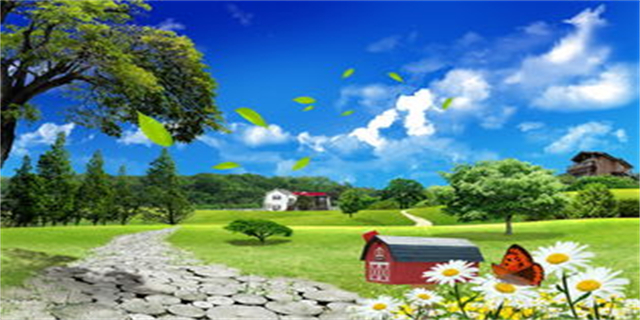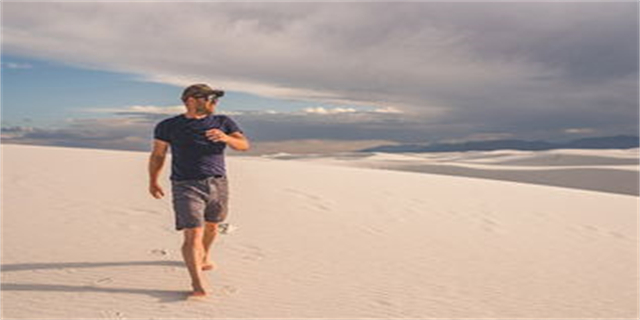conscious(Exploring the Depths of Consciousness)

Exploring the Depths of Consciousness
Delving into the Essence of Consciousness
The concept of consciousness has long intrigued and fascinated philosophers, scientists, and thinkers alike. It is the fundamental aspect that allows individuals to be aware of themselves, their surroundings, and their experiences. While widely studied, consciousness remains an enigmatic and complex phenomenon that continues to evade a complete understanding. In this article, we will embark on a journey to explore the depths of consciousness and delve into its essence.
The Layers of Consciousness

To understand consciousness, it is essential to recognize that it exists on multiple levels or layers. At the most basic level, there is the state of being awake and aware of one's surroundings, known as the primary level of consciousness. This level enables individuals to function in daily life, react to stimuli, and perceive the world around them.
However, there are deeper levels of consciousness that transcend ordinary wakefulness. These levels include subconscious and unconscious states. The subconscious encompasses thoughts, feelings, memories, and desires that exist beneath the surface of conscious awareness. It influences behavior and emotions without individuals necessarily being fully aware of it.

Furthermore, the unconscious level of consciousness reflects aspects of the mind that are inaccessible to conscious awareness. It includes instinctive tendencies, repressed memories, and drives that shape behavior and thoughts. Exploring these deeper layers of consciousness can offer profound insights into human psychology and the complexities of the human mind.
The Mystery of Consciousness

Despite considerable advancements in various scientific fields, understanding the exact nature of consciousness remains elusive. The question of how subjective experiences arise from the physical activities of the brain poses a significant challenge. This enigma, often referred to as the \"hard problem of consciousness,\" has attracted significant attention from philosophers, neuroscientists, and psychologists.
One school of thought suggests that consciousness is merely an emergent property of complex neural networks. According to this perspective, the brain's intricate circuitry and information processing give rise to subjective experiences. However, others argue that consciousness cannot be explained solely through neural activity and that there may be non-physical or metaphysical aspects involved.
Furthermore, the relationship between consciousness and the self is another intriguing aspect that researchers seek to comprehend. Does consciousness create the sense of self, or is it a byproduct of self-awareness? Exploring this intricate connection requires delving into the realms of philosophy, psychology, and neuroscience, inviting an ongoing debate among experts.
Expanding Consciousness: Practices and Potentials
While the nature and essence of consciousness are still a subject of investigation, various practices and techniques exist to explore and expand consciousness. Meditation, for instance, has been utilized for centuries to attain altered states of awareness and tap into deeper levels of consciousness. It enables individuals to disengage from everyday thoughts and enter a state of heightened mindfulness, enhancing self-awareness and introspection.
Other practices, such as lucid dreaming and sensory deprivation, offer unique avenues to explore the depths of consciousness. Lucid dreaming allows individuals to become aware that they are dreaming while still in the dream state, granting them the opportunity to actively participate and shape their dreams. Sensory deprivation, on the other hand, involves the deliberate reduction or removal of external stimuli, leading to unique states of consciousness and insights.
Moreover, certain substances and plant medicines have been traditionally used in spiritual and ceremonial contexts to expand consciousness. Psychedelic substances like ayahuasca, psilocybin mushrooms, and peyote have shown promising results in facilitating transformative experiences and inducing altered states of consciousness.
However, it is important to approach such practices with caution and respect, as they can also carry potential risks and require appropriate guidance. Nevertheless, the exploration of consciousness through various practices opens up a vast realm of uncharted potential for personal growth, self-discovery, and the further unraveling of the mysteries of consciousness itself.
In conclusion, consciousness remains an enthralling subject that continues to captivate the minds of individuals across various disciplines. Its exploration goes beyond the physical realm and delves into the intricacies of the human mind, expanding our understanding of what it means to be conscious. As we venture into the depths of consciousness, we may come one step closer to unraveling its elusive essence.











